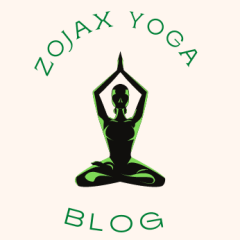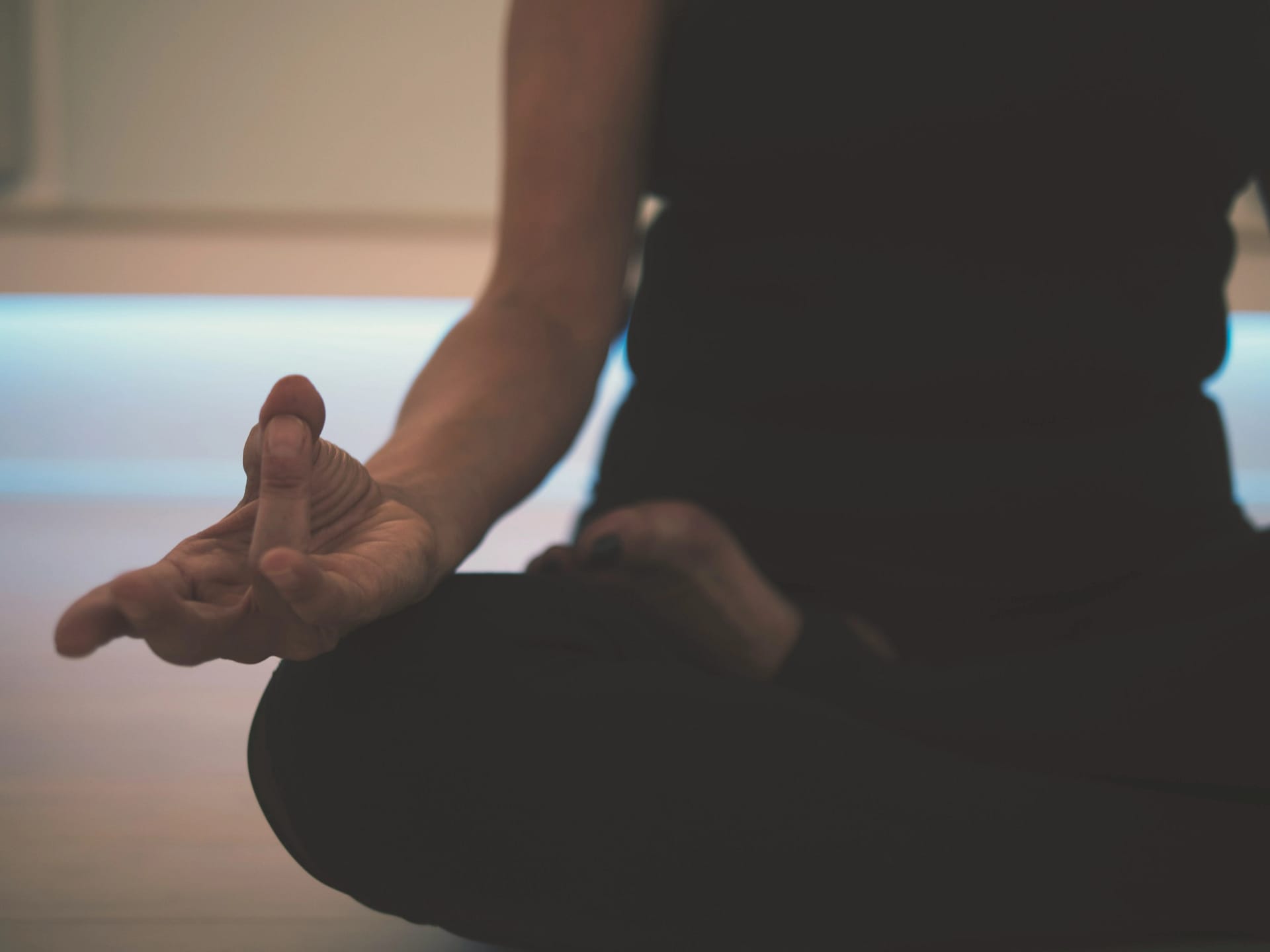1. What is meditation?
Definition of meditation
Meditation is a type of mental exercise used to improve attention and increase awareness. If you are a beginner, you may already be lost in the huge number of self-help books on meditation or online tips for meditation of various types and forms. However, meditation for beginners first starts with understanding the importance of the technique itself, its scientific basis, and its concrete outcomes for health.
Being a better person or changing one’s personality is not the goal of meditation.
It is about developing awareness and a sound sense of perspective.
You’re not attempting to suppress your emotions or thoughts.
You’re developing your ability to look at things objectively.
Additionally, you might finally begin to comprehend them more fully.
‘Meditation may not send me to paradise, but in a good setting, during meditation I always feel like I am on the greatest path to get there,’ said Masatoshi Yoshinaga, director of the Japanese electronic manufacturer Fuji Electric.
Employees will attest to the fact that Yoshinaga’s 12-hour job begins and concludes with the required 20 minutes of meditation and two cups of green tea.
They claim that at the age of 76, this gives him extraordinary work energy.
2. What are the benefits of meditating?
Asthmatics can benefit from meditation.
Unfortunately, the average Westerner does not see meditation as a path to paradise or as a particularly valuable discipline that will help him carry out his daily tasks.
According to a 1998 research by British psychologists, most British people regard meditation as “spiritual-religious foolishness” that is scientifically unjustified.
What a delusion! Thousands of scientific studies have confirmed the incredible reach of meditation. Here are just a few:
At one time, research at the National Jewish Hospital and the Denver Research Center into the effects of John Allison’s and Paul Corey’s transcendental meditation drew a lot of attention.
They studied the impacts of meditation on breathing and discovered that during meditation, the rhythm of breathing reduces from the usual 12-16 breaths per minute to 4-8, and even 1 or less.
At the same time, the resistance in the airways decreases, and their conductivity increases by 20 percent (air enters the lungs more easily!). This phenomenon is characteristic only of meditation and does not occur with ordinary breathing, and is extremely suitable for asthmatics. Meditation reduces the heart rate by an average of 10 beats per minute.
according to a study by Dr. Valdemar Haas (Arizona State University).
They are less nervous and respond more calmly to stressful situations than persons who do not meditate.

Photo by Fransiskus Filbert Mangundap on Unsplash
Meditation against addiction
Furthermore, it should be noted that there are still a great number of various components of meditation’s action that are more or less (un)researched.
Meditation, for example, minimizes the occurrence of a variety of mental and physical disorders, such as allergic reactions, colds, headaches, viruses, migraines, neurotic reactions, and so on.
The desire to use alcohol, cigarettes, narcotics, and other substances is greatly reduced.
Meditation has also been found to be effective as a form of psychotherapy, not just in milder cases of illness, but even in mental institutions (which has already been thoroughly researched and published in the professional literature).
As a result, some institutions have already begun to use meditation in the treatment of patients suffering from various mental illnesses.
Meditation is most beneficial when combined with yoga poses (asanas), as well as some specific yogic rules for a healthy mental approach to life and problems.
After all, meditation provides us with much more than just a sense of calm.
It’s also obvious why this mental technique for psychological relaxation is gaining popularity by the day, and it’s only natural that modern recreation centers (at least those that wish to provide a comprehensive service to their clients) try to incorporate meditation into their regular programs.
How to start meditating?
It is extremely harmful to “experiment with meditation” without the guidance of a certified teacher, according to Orthodox yoga and meditation practitioners.
Many self-help publications, on the other hand, claim that meditation is something you can start “now now” and feel the effects of “right now.”
The truth is that it usually happens somewhere in the middle.
Start with a simple tip: Sit comfortably in an armchair and thoroughly relax.
Close your eyes and take a few deep breaths.
Consider something lovely, something relaxing; try not to let your mind “fly away,” and gradually drift into a comfortable half-sleep.
But don’t fall asleep; meditation isn’t the same as sleeping!
Spend 15-20 minutes relaxing, preferably twice a day (early in the morning and around 5pm). But don’t fall asleep; meditation isn’t the same as sleeping!
Spend 15-20 minutes relaxing, preferably twice a day (early in the morning and around 5pm).
You will see changes in your life, in your body, and in your brain very soon, sometimes startlingly quickly.
And don’t ask WHERE THE CHANGES COME FROM; they aren’t coincidental.
Because these alterations can only signify one thing: you stepped on that ”
For beginner:




